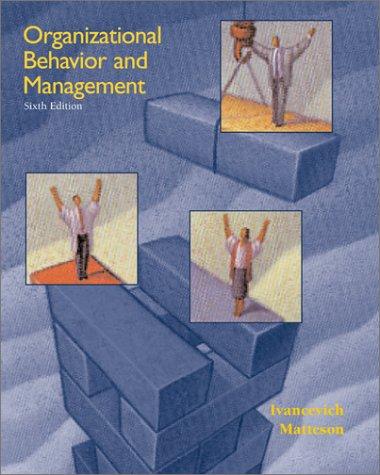Question
ECON 4721, Money & Banking Reference: Modeling Monetary Economics (2016, Fourth Edition, Cambridge University Press) by Bruce Champ, Scott Freeman and Joseph Haslag. Consider an
ECON 4721, Money & Banking
Reference: Modeling Monetary Economics (2016, Fourth Edition, Cambridge University Press) by Bruce Champ, Scott Freeman and Joseph Haslag.
Consider an overlapping generations economy where people live for two periods --- young and old. Population and fiat money stock are constant. The banking sector is perfectly competitive. Banks can borrow from consumers (in the form of deposits) and invest in capital. One unit of capital producesxunits of output in the next period. Consumers can either hold fiat money or make deposits at a bank. Making a deposit at a bank has a fixed cost ofgoods. Letsdenote the desired savings level that makes a consumer indifferent between holding fiat money and making a deposit. Which of the following statements is true?
1.sis increasing inx, if agents' desired savings levels are fixed, this will lead to higher aggregate deposits.
2.sis increasing inx, if agents' desired savings levels are fixed, this will lead to lower aggregate deposits.
3.sis decreasing inx, if agents' desired savings levels are fixed, this will lead to higher aggregate deposits.
4.sis decreasing inx, if agents' desired savings levels are fixed, this will lead to lower aggregate deposits.
Step by Step Solution
There are 3 Steps involved in it
Step: 1

Get Instant Access to Expert-Tailored Solutions
See step-by-step solutions with expert insights and AI powered tools for academic success
Step: 2

Step: 3

Ace Your Homework with AI
Get the answers you need in no time with our AI-driven, step-by-step assistance
Get Started


